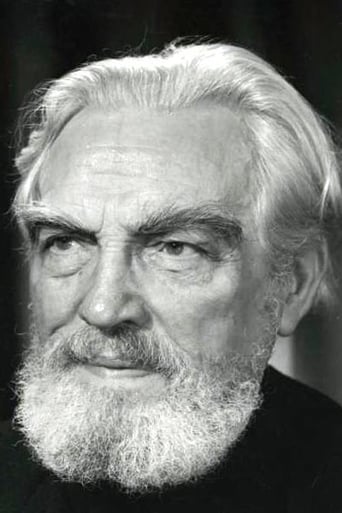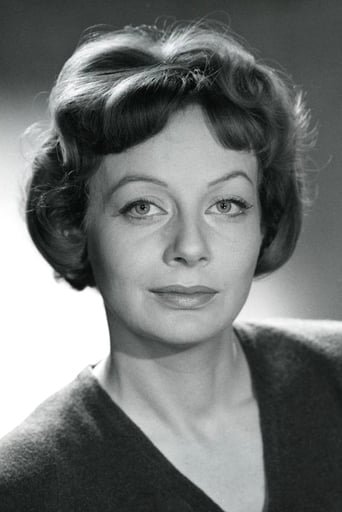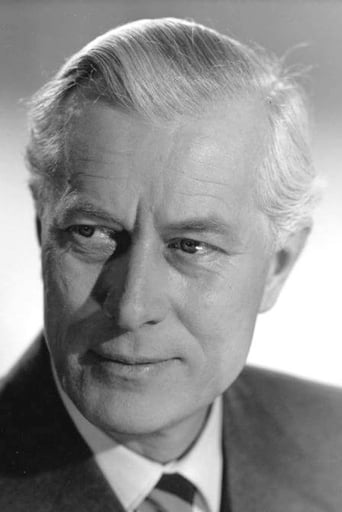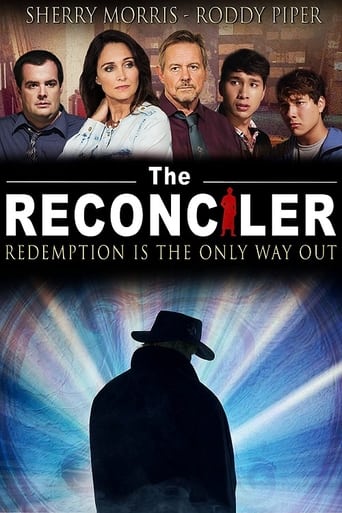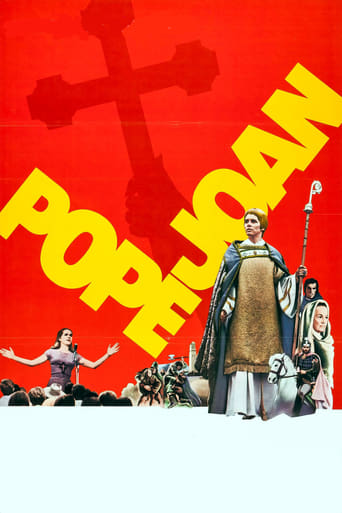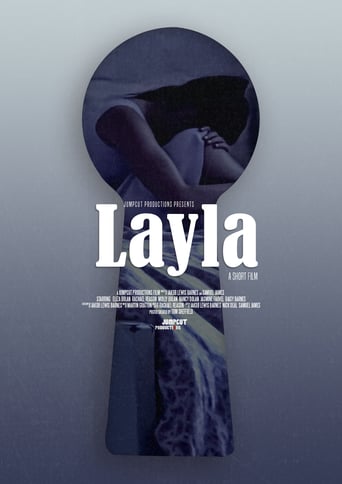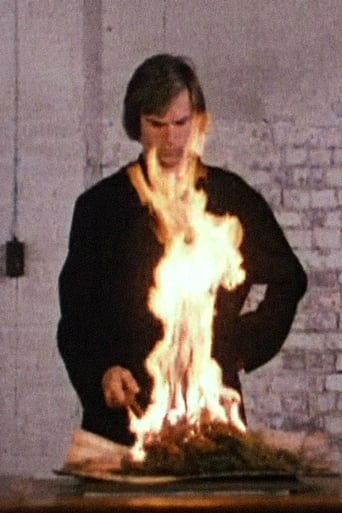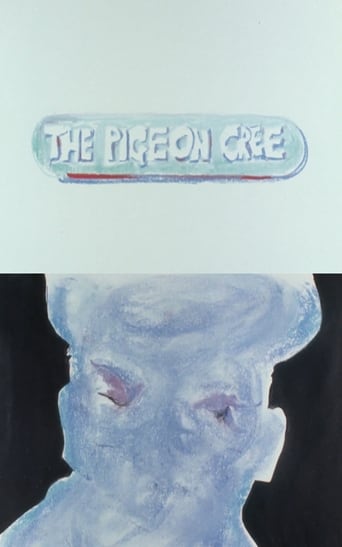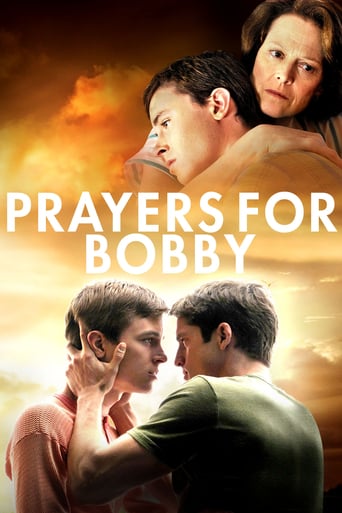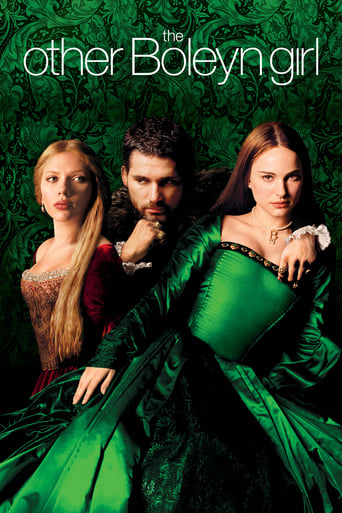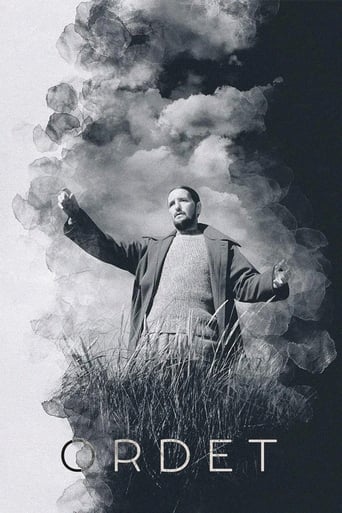
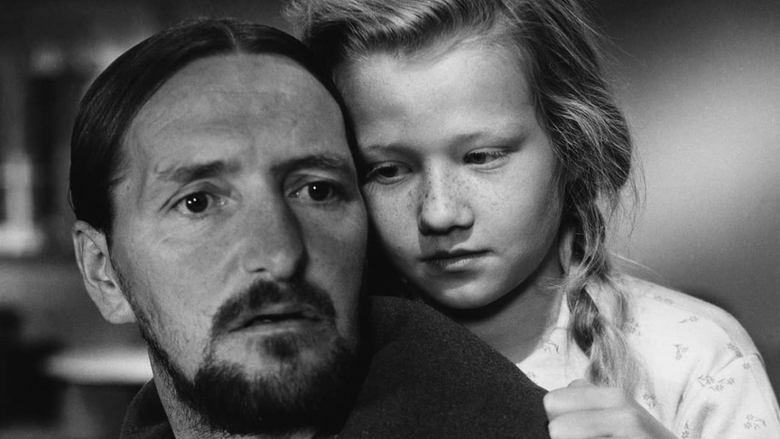
Ordet (1955)
The three sons of devout Danish farmer Morten have widely disparate religious beliefs. Youngest son Anders shares his father's religion, but eldest son Mikkel has lost his faith, while middle child Johannes has become delusional and proclaims that he is Jesus Christ himself. When Mikkel's wife, Inger goes into a difficult childbirth, everyone's beliefs are put to the test.
Watch Trailer
Cast
Similar titles
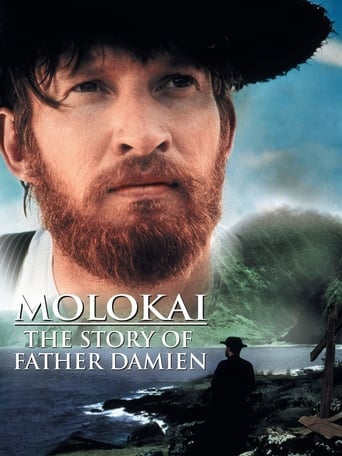
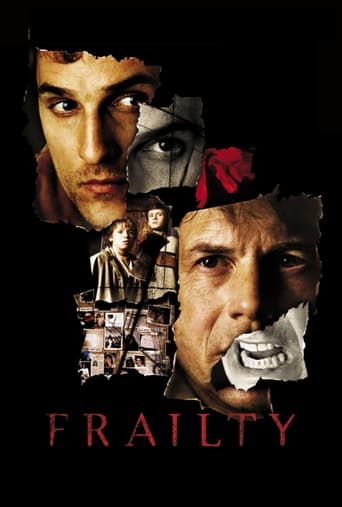
Reviews
the audience applauded
At first rather annoying in its heavy emphasis on reenactments, this movie ultimately proves fascinating, simply because the complicated, highly dramatic tale it tells still almost defies belief.
Easily the biggest piece of Right wing non sense propaganda I ever saw.
The film never slows down or bores, plunging from one harrowing sequence to the next.
An astounding movie, just breathtaking at times. It is reminiscent of another Danish movie, "Babette's Feast," which likewise had religion as its theme, depicting the impact of Christianity on average people. Like that movie, "Ordet" is by no means preachy, and at times it is very funny. The cinematography is remarkable, because the focus is almost always within small, interior spaces; the lighting is stunning, and the editing so coherent that your attention is always focused on the main action. And what is the action? Human life and its imponderable joys and sorrows. The acting represents some of the director's approach to authenticity at its most refined cinematic development. Dreyer has created complicated family relationships and allows them to play out with clarity and an guilelessness rarely seen in most movies. No wonder it has won so many prizes. "Ordet," which means "the word," qualifies as a "masterpiece," though that term gets kicked around too often. It is also a "profound" movie, which means it examines the root basics of human life. It is one of the best movies ever made--at least, in this viewer's opinion.
In viewing "Ordet", a Danish film directed by Carl Th. Dreyer, one can scarcely avoid perceiving a religious theme. However, peering beyond the surface, it is also clear that the film's theme is significantly more complex, and exhibits an underlying existentialism, as well as a series of conflicts which relate to love, passion, society, and family. The latter elements lend an altogether human aspect to the film, allowing even the religious facets to convey the doubts and skepticism associated with human nature.In the final scene of "Ordet", the setting is a funeral in the home of Mr. Borgen, the grandfather of the farm on which the deceased (Inger) lived and worked as the daughter-in-law. This scene is characteristic of the style utilized throughout the film, which has been referred to as both transcendental and expressive inner realism. In both interpretations, conventional perceptions of reality are defied and normalcy is at odds with disparity. Dreyer can, perhaps, be credited with moving beyond defiance to a thorough redefinition of realism. This is evident in his focus on the inner struggle of his characters, rather than simply the societal norms with which they were expected to conform.As a spectator, "Ordet" affected me emotionally by emphasizing the fulfillment associated with a mortal existence in which miracles are defined by the value we place on earthly and otherwise ordinary experiences. The characters of this domestic drama convey a sense of familiarity through their interactions, and their struggles are tremendously relatable. As noted by Dreyer at the end of his screenplay, "spectators must gradually and carefully be placed in an emotional state like that of guests at a funeral", an effort which was visually achieved through long shots and slow camera movements. On an intellectual and emotional level, this movie is accessible to the ordinary, yet thought- provoking to the philosophical.
Carl Theodor Dreyer was one of the most visual orientated directors that ever lived. His movies are often a delight to watch, due to its visuals but I also admit that I'm not a great fan of all of his work. He's praised by lots of people for his well known works but his movies are certainly lacking some of the needs that are required for a movie. His movies just aren't the best paced ones and they are often overlong and slow, with just not an awful lot happening. He masks this greatly with the visual style and quality of the movies but you can only compensate that much. His movies definitely always have some big pros and cons in them, while this movie does however luckily has far more pros.This movie also has the great benefit that it has a great story in it. It's about faith, religion, life and death, science versus faith and whatever more discussions and different perspectives of things this movie brings along. In that regard this movie perhaps feels more like an Ingmar Bergman movie than a Carl Theodor Dreyer movie really. Both directors however have always shown some similarities with their movie its themes, style and characters in it. It's a compelling story, that is being told effectively. It'a obviously all based on a stage-play, which you can tell by the way the scene's are being set up and the story is getting told.Again, it's all rather slow and the movie does definitely take its time to get its story across. It's safe to say that this movie is not just simply for everyone. But it's an ultimately rewarding movie, that is both being effective and powerful.it's cast mostly consists out of non-professionals. Something that often got done around that time for this type of movies. It sometimes works out very well and sometimes it just simply doesn't. This movie its acting gets the benefit of the doubt, since it's hard to judge someone's acting who is speaking in a language you don't understand. A real ultimately rewarding viewing experience.8/10http://bobafett1138.blogspot.com/
***I see a couple of idiots don't like the review. Maybe it's because I misspelled Kierkergaard (corrected). Or maybe they just don't like what they can't comprehend.***I love Pauline Kael. As a film critic, she was the greatest. About Ordet, she said:"Some of us may find it difficult to accept the holy-madman protagonist (driven insane by too close study of Kierkegaard!), and even more difficult to accept Dreyer's use of the protagonist's home as a stage for numerous entrances and exits, and altogether impossible to get involved in the factionalist strife between bright, happy Christianity and dark, gloomy Christianity -- represented as they are by people sitting around drinking vast quantities of coffee."Yes, you could read it that way, if you were a cynic. But that begs the question of the film. (Anyway, they weren't drinking that much coffee.)The question for the current audience was the same for the audience of Kaj Munk's time: Are you going to "face reality" -- the reality of the New Order of the Nazis, or in Dreyer's 1955, the reality of materialism -- or are you going to reach beyond yourself, despite all the evidence, embracing even folly? (Erasmus was asking this centuries ago.)The lesson of Dreyer was the lesson of Kierkegaard. Whether your world view is bright or gloomy, stuff happens anyway. What matters is how you confront it, with faith or despair. I think Munk's and Dreyer's challenge still confronts us in the 21st century.As for Dreyer's success in getting the message across, at first I braced myself for a dour lecture. But I was surprised to find uplifting characters and even humor. Like all Dreyer's films, Ordet is mannered and stylized. But think of Eisenstein. Think of Bergman.Speaking of Bergman, I rather compare Ordet to The Virgin Spring. Both confront grief and end with a miracle.
